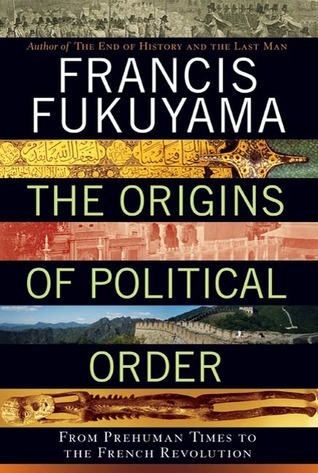More on this book
Community
Kindle Notes & Highlights
The empress had the heir apparent poisoned, then framed her own son
he was exiled and forced to commit suicide.
her third son), Zhongzong, dragged from the throne...
This highlight has been truncated due to consecutive passage length restrictions.
why these traditional regimes seldom taxed subjects at maximal rates.
Despotism of Empress Wu’s sort was a periodic but not a continual phenomenon. Many Chinese rulers exhibited what might charitably be labeled leniency or forbearance toward their subjects, or what a Confucian would call “benevolence.”
Olson’s assumption that any ruler would want to maximize revenues reflects the common assumption of modern economics that maximization is a universal characteristic of human behavior.
What China did not have was the spirit of maximization that economists assume is a universal human trait. An enormous complacency pervaded Ming China in all walks of life.
the cultural legacy of an emphasis on education and personal achievement lives on in a manner that has been highly beneficial to Chinese economic growth. It endures in the countless Chinese mothers around the world who save money to send their children to the best possible schools and push them to excel in standardized examinations. The self-satisfaction that led Emperor Chengu’s successors to cancel long-distance voyages has been replaced by an extraordinary willingness of Chinese leaders to learn from foreign experiences and adopt them when they seem practically useful.
It is far likelier that cultural attitudes toward science, learning, and innovation explain why China did so poorly in the global economic race in previous centuries, and is doing so well at the present, rather than any fundamental defect in its political institutions.
the material balance of power in each society did not force the different actors to accept constitutional compromise.
Early Chinese kings exercised tyrannical power of a sort that few monarchs in either feudal or early modern Europe attempted. They engaged in wholesale land reform, arbitrarily executed the administrators serving them, deported entire populations, and engaged in mad purges of aristocratic rivals.
The aristocracy, bourgeoisie, and peasantry, while united at earlier times in their history, came to feel little sympathy for one another and did not believe, like their English counterparts, that they constituted parts of a single nation.
the French fiscal system deliberately encouraged rent seeking. Wealthy individuals, instead of investing their money in productive assets in the private economy, spent their fortunes on heritable offices that could not create but only redistribute wealth.
Like many dictatorships in more recent times, the French monarchy found it could not create investor confidence or repeal basic laws of economics by political fiat.
inequality and weak rule of law—are related. Rule of law protections often apply to only a small minority of people in Latin America,
as much as 60 to 70 percent of the population lives in what is known as the informal sector. These people often do not have legal title to the homes they occupy; they operate unlicensed businesses; if they are employed, they are not members of trade unions and do not receive formal labor protections.
Europe). In Latin America, by contrast, the fiscal system does very little redistribution, and in some cases succeeds in redistributing income toward relatively privileged groups like unionized public sector workers or university students.
the burden of taxation comes from excise, customs, or value-added taxes that fall disproportionately on the poor.
1540s led to the creation of a huge extractive empire in which the European rulers lived off of mining rents, while the work was done by enslaved indigenous laborers.
the Spaniards who sailed to the New World went there not to work but to be masters: they “are sustained by the labour of the Indians and the work of their hands and are maintained thanks to their sweat.”
Argentina, which after the economic crisis of 2001 forced not just foreign investors but also its own pensioners and savers to accept a massive write-down of its sovereign debt.
Spanish
Rather than risk confrontation over higher levels of direct taxes, they debased the currency and accepted a higher rate of inflation. Inflation via loose monetary policy is in effect a tax, but one that does not have to be legislated and that tends to hurt ordinary people more than elites with real rather than monetary assets.
See the discussion in Fukuyama, Trust, pp. 93–94.
Amartya K. Sen, Development as Freedom
Lincoln
based on the principle of equality enunciated in the Declaration of Independence, which limited the ability of even properly constituted democratic majorities to make some men slaves of others.


